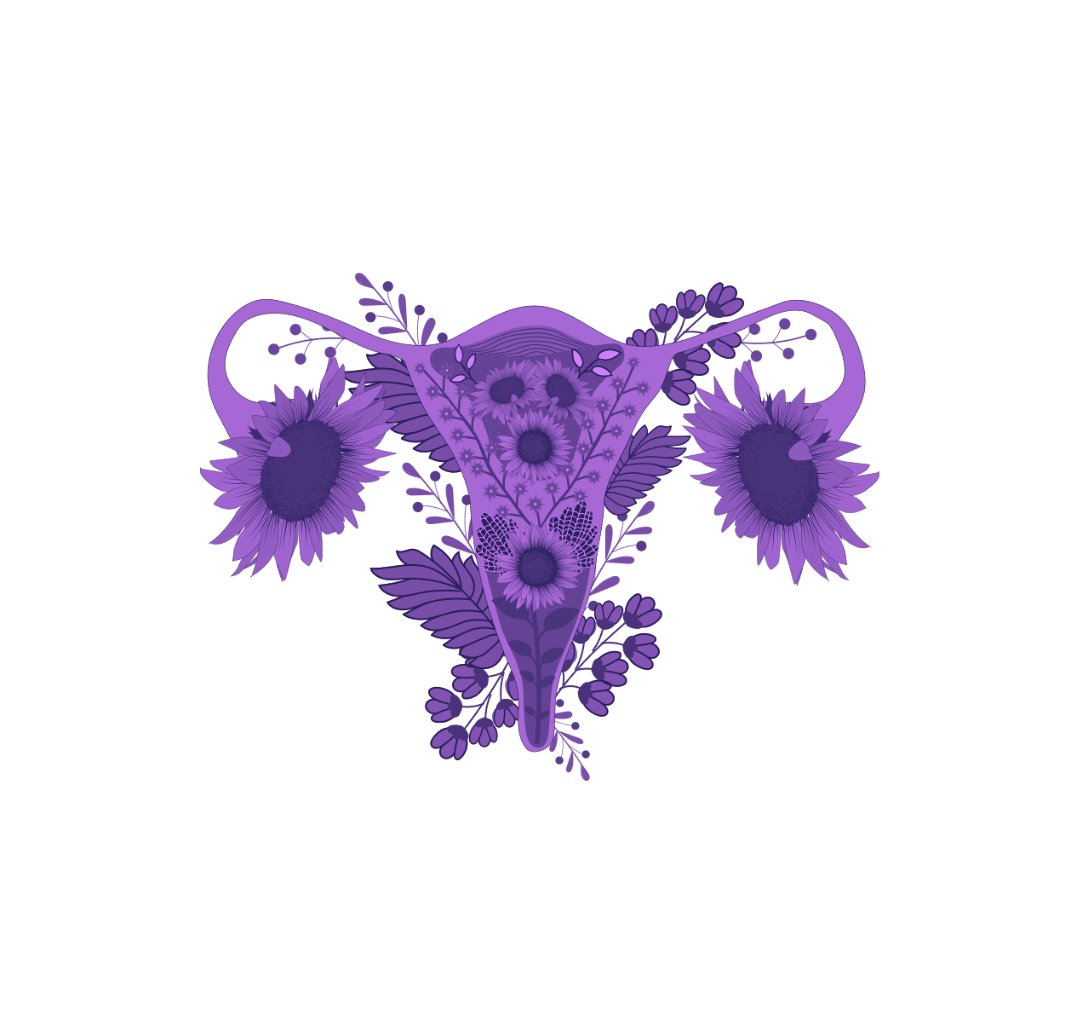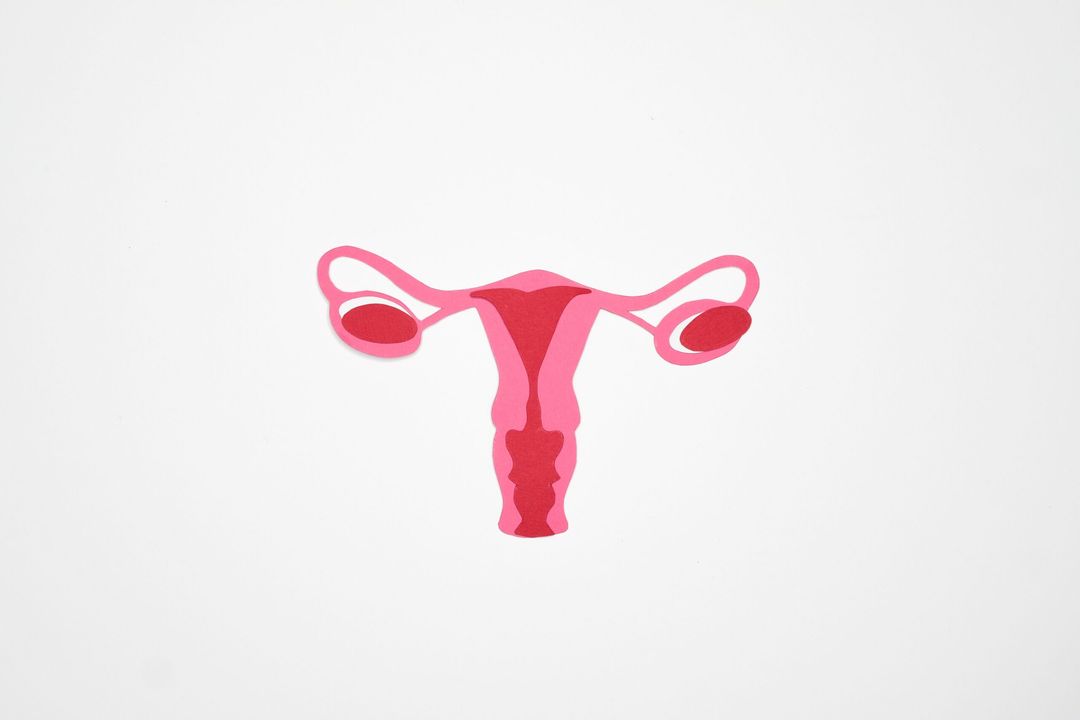Gynaecology
Adenomyosis
A sometimes painful gynaecological condition with similarities to endometriosis, with an impact on fertility and menstruation.

What is Adenomyosis?
Adenomyosis is a gynaecological disease, thought to be related to endometriosis. It occurs when endometrial tissue (the tissue that lines the uterine cavity) grows in the uterine myometrium (the muscular layer of the uterus).
Adenomyosis is most commonly found at the junction between the endometrium (the lining) and the myometrium (the uterine muscle).
Adenomyosis causes changes to the muscular layer, including inflammation with thickening, proliferation and scarring of the uterine muscle.
What are the symptoms of Adenomyosis?
Adenomyosis affects individuals differently. Common symptoms include:
Pelvic pain
Abdominal or pelvic pain before and during a period, during or after sex or when going to the toilet, which may radiate into your lower limbs and may get worse over time.
Heavy periods and/or irregular bleeding
Heavy periods and/or irregular bleeding, sometimes with clots.
Reduced success rates
Reduced success rates with assisted reproduction and recurrent implantation failure.
Infertility
A common symptom of adenomyosis can be infertility.
Miscarriage
Increased risk of miscarriage.
How is Adenomyosis diagnosed and treated?
After many years of gynaecology, fertility and obstetrics, the medical team at Fertility North are experts in the diagnosis and treatment of adenomyosis.
Diagnosis
Unlike endometriosis, adenomyosis can be diagnosed by a detailed ultrasound. However, as endometriosis is often seen in patients who suffer from adenomyosis, further evaluation by laparoscopy may be recommended.
Treatment
Treatment is recommended on an individual basis in accordance with the severity of symptoms and whether a patient is trying to conceive, or their family is complete.
Unfortunately, as it is found within the uterine muscle, surgical intervention is often not a viable option for adenomyosis. Instead, hormonal manipulation is most commonly used.

